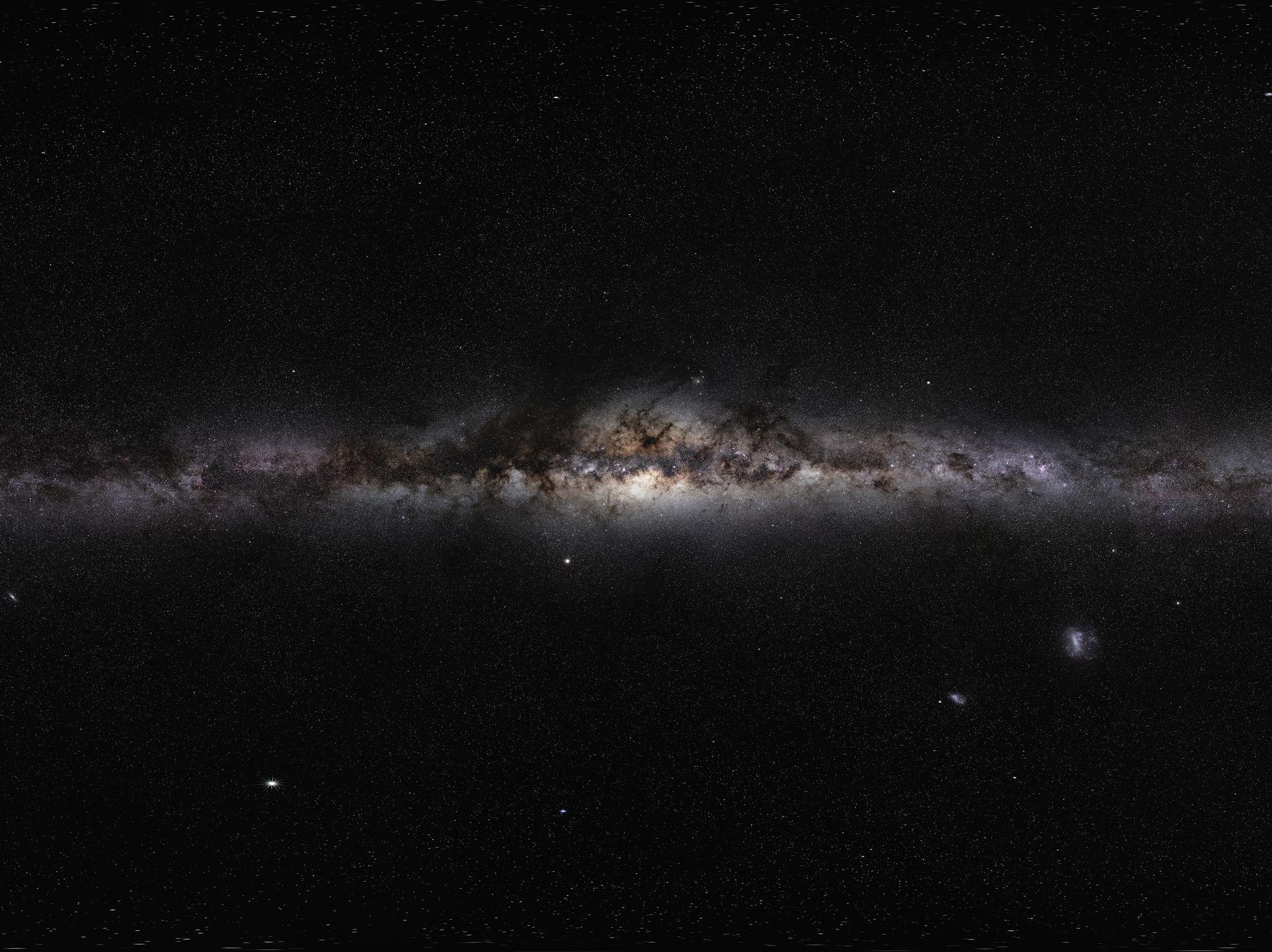Scientific Theory And The Multiverse Madness

Sabine Hossenfelder is a research fellow at the Frankfurt Institute for Advanced Studies in Germany. Her research focuses on general relativity and quantum gravity. She is author of the blog Backreaction and her first book, Lost in Math, is set to appear in June. You can find her on Twitter at @skdh.
Newton's law of gravity — remember that? The force between two massive bodies decreases with the inverse square of the distance and so on?
To use it, you need a constant, "Newton's constant," also called the "gravitational constant," usually denoted G. You can determine G to reasonable accuracy with a few simple measurements.
Once you have fixed the gravitational constant, you can apply Newton's law to all kinds of
You’re reading a preview, subscribe to read more.
Start your free 30 days



